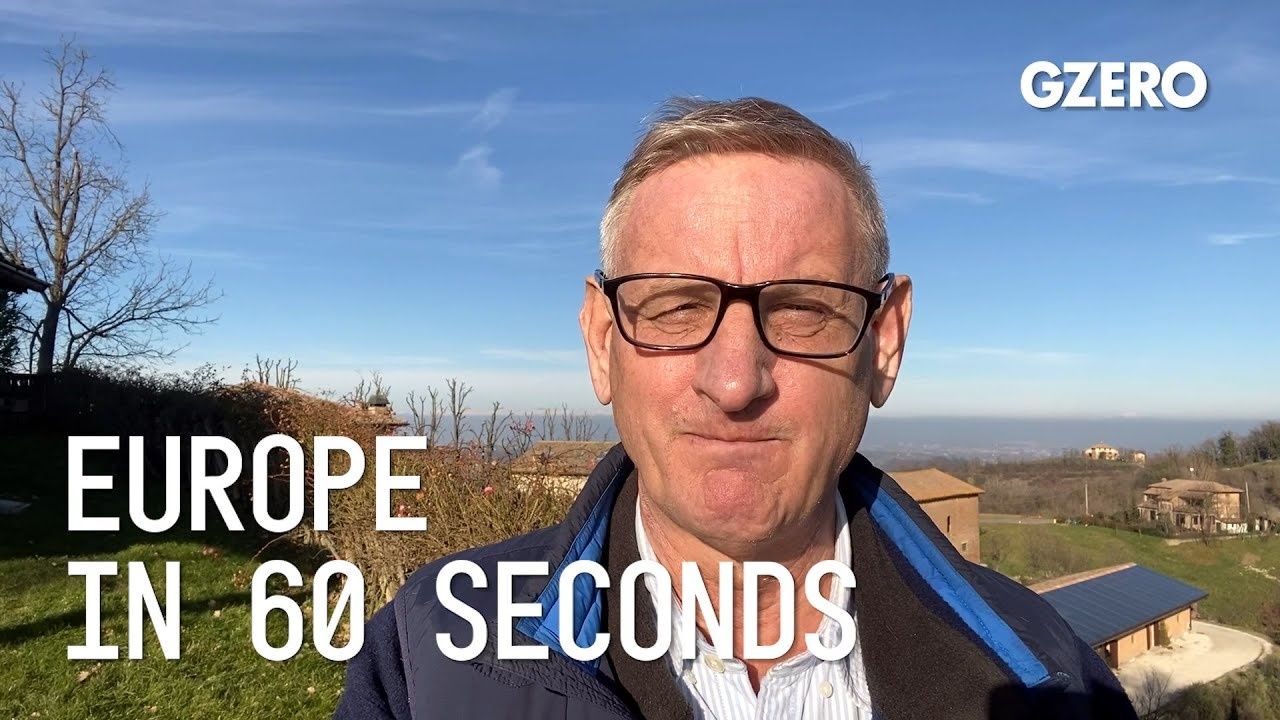
Does Huawei have a future in Europe despite US sanctions?
Well, I think decisive will be the independent security and conclusions that the European countries are sort of jointly doing. And the preliminary assessments that have been made is that one has to be careful really on who is let into the core infrastructure of the five key systems. And that, I think will have implications for the future. Huawei and other similar companies in Europe, in the future.
In this new year, which issues will dominate the agenda of Europe?
Well, that remains to be seen. But clearly to transform the Green New Deal, or whatever you call it, into practical policies prior to the big conference coming up in Glasgow in November of next year, that will be a key task. Then you will have the Croatian presidency during the first half of the year dominated by the Balkan issues. And you will have a German presidency during the second half of the year where I think the relationship with China will be in focus.